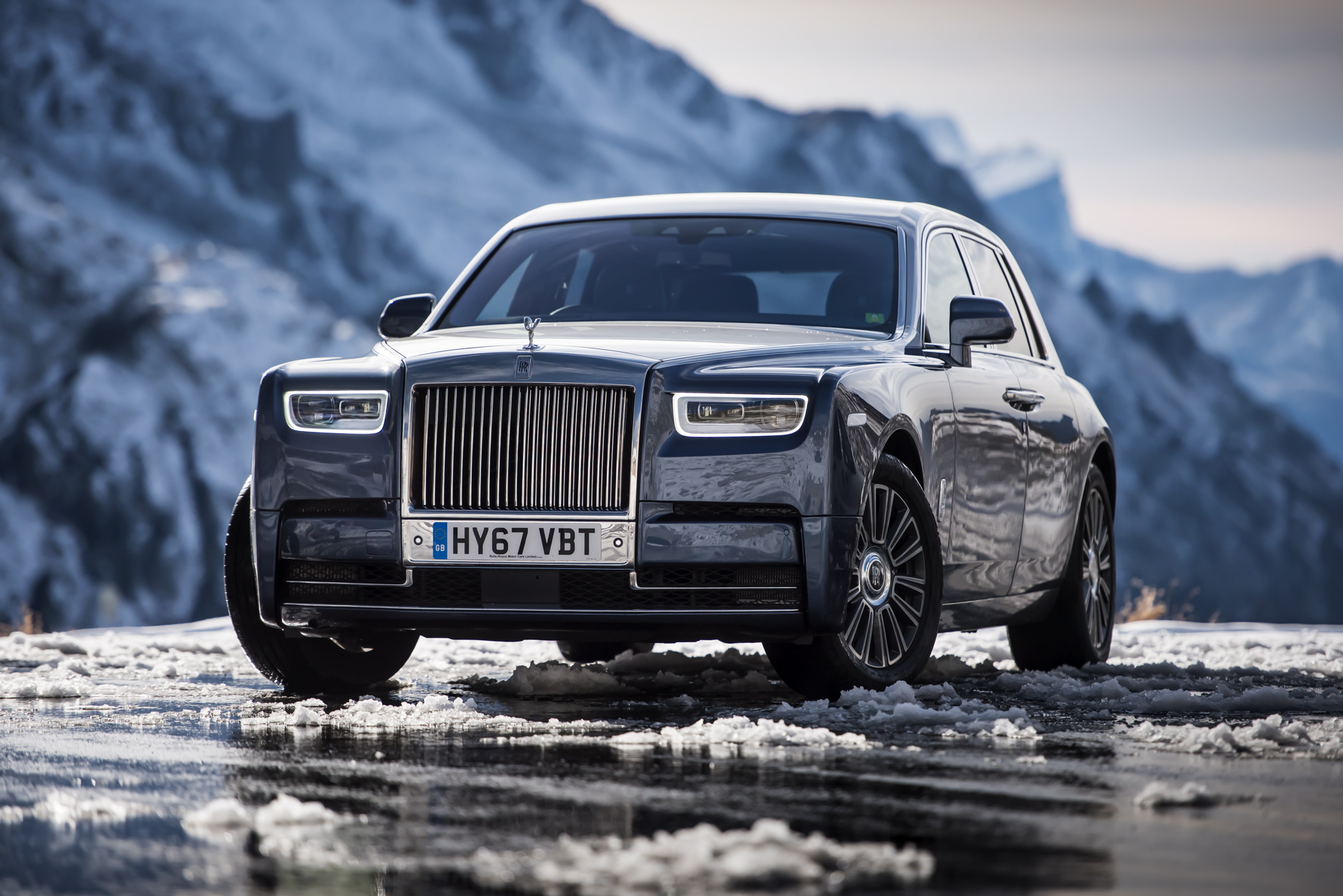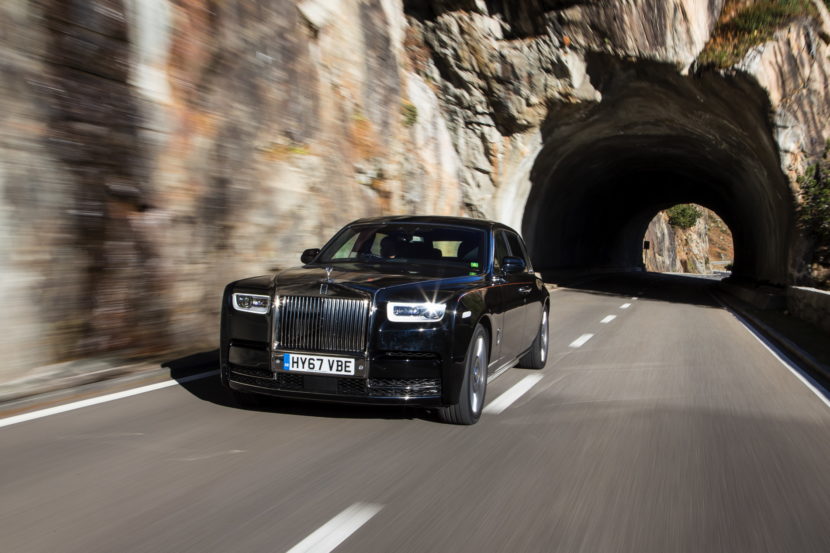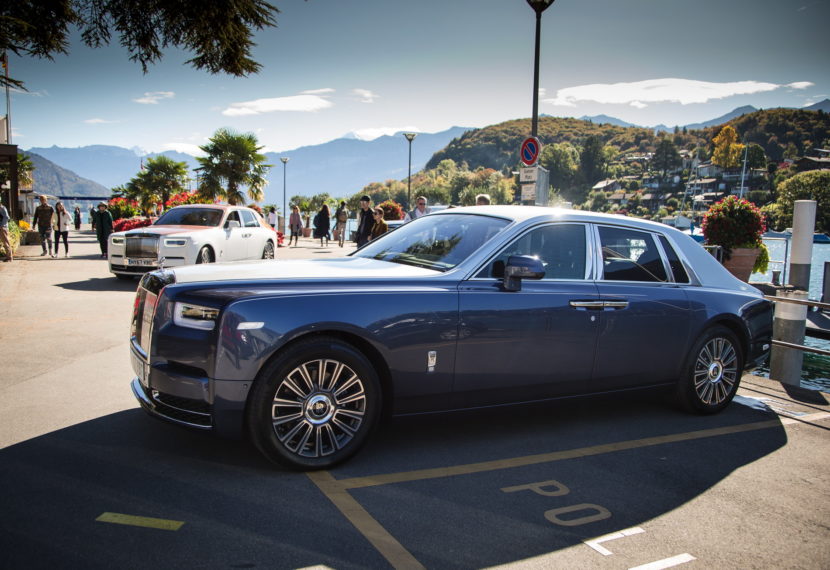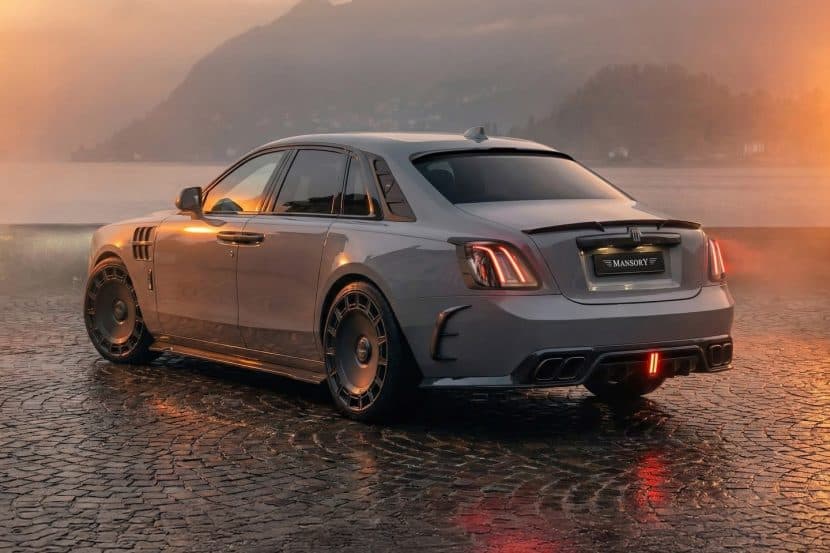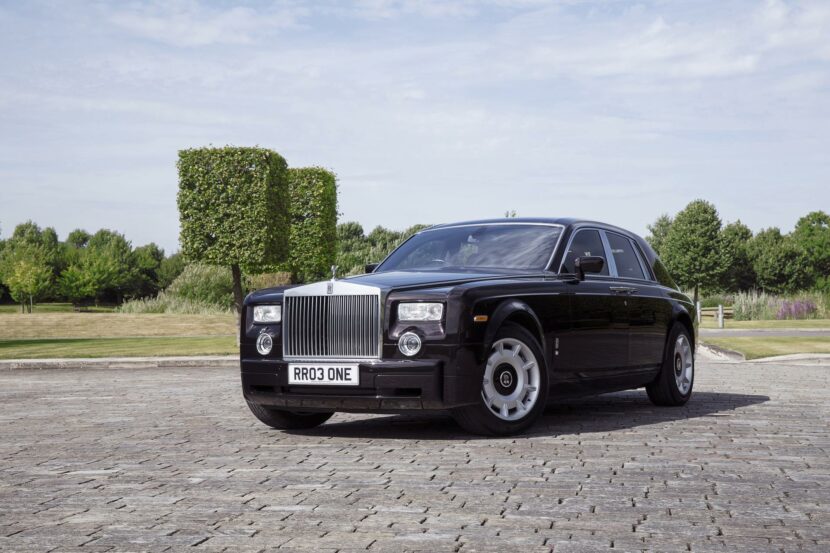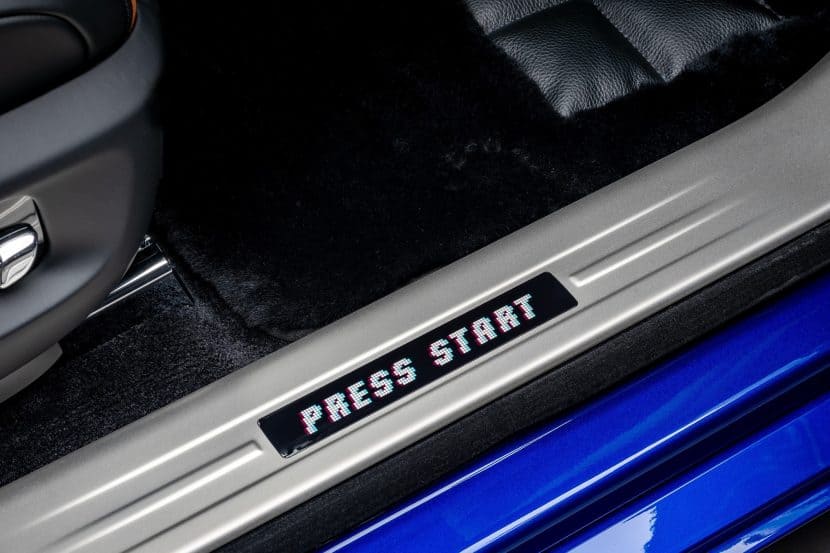The eight incarnation of the Rolls-Royce Phantom is set to make its debut in front of a live audience in the US in January, just before the 2018 NAIAS opens its doors. The Phantom nameplate is the longest-lived model name on the market today, having been introduced for the first time back in 1925. However, despite its near 100-year long run, only eight generations of the model were ever made and the most recent one was just unveiled.
Therefore, the Rolls doesn’t follow any specific rules of the automotive field, not even when it comes to how long a generation should stay in production. As a matter of fact, to offer a more accurate painting of how long the production span of a Phantom usually is, we can tell you that the previous model has been in production since 2003, being roughly unchanged over the last 14 years, with some small exceptions.
For the eight iteration, Rolls-Royce decided to put together a new chassis altogether and its spaceframe aluminum underpinnings are officially collectively called ‘the Architecture of Luxury.’ That’s because the engineers managed to deliver a car that’s even more comfortable and quiet than before and yet the chassis itself is 30 percent lighter and stiffer. At the same time, due to the extensive sound deadening applied (about 300-pounds of the stuff, to be more precise, along with triple-glazed windows) the end product is heavier. Bare in mind that the new car also has a smaller wheelbase as well.
If you thought Audi’s new system for detecting bumps in the road launched on the A8 is something unique on the market, you should know that Rolls-Royce’s Phantom VIII also has similar tech on board, a camera mounted at the front of the car scanning the road and adjusting the suspension so that you can truly feel like you’re on a magic carpet. The Phantom also comes with electrically disconnecting anti-roll bars, front and rear, and a high-capacity air spring at each corner.
Another interesting tidbit is that engineers actually considered offering the Phantom with all-wheel drive this time around. The revised V12 engine under the hood gained some serious power and the thought of sending some power to the front axle did cross the mind of the engineers but in the end, they decided to keep the car rear-wheel drive as they considered the all-wheel drive setup to be ‘not sufficiently refined’. Oh, and with the new specs, the engineers claim the car can reach 186 mph unrestricted.


